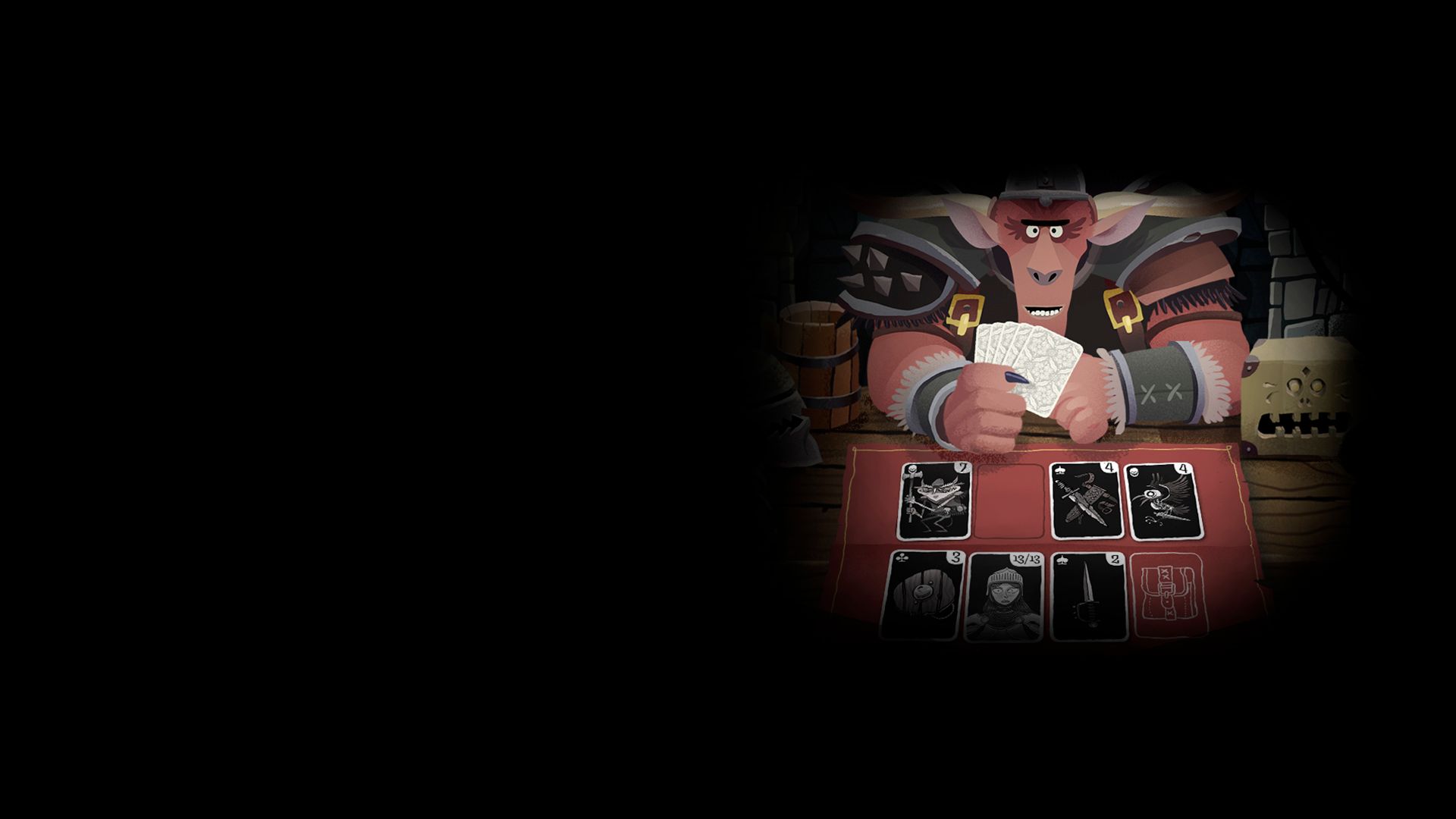
How does a communications designer with little coding experience build a thriving indie business? With the help of a supportive community, an intuitive development platform, a creative eye, and a keep-it-simple approach, Arnold Rauers has launched a string of highly entertaining and financially successful mobile games.
Building a successful mobile game business solo as a non-coder
Android, iOS
1–3 (one Unity creator plus support for art and sound)
Berlin, Germany

Working in communications design for a Flash game studio, Arnold began to feel like he could make a great game on his own. He’d learned some ActionScript and Flash in school, and started out making games with an engine that used visual scripting. From there, Arnold began teaching himself Unity – its Editor and highly graphic UI didn’t require great coding skill, and he quickly picked up C# for basic scripting. Seeing how mobile games were taking off as the Apple and Google app stores gained traction, he decided to make the leap.

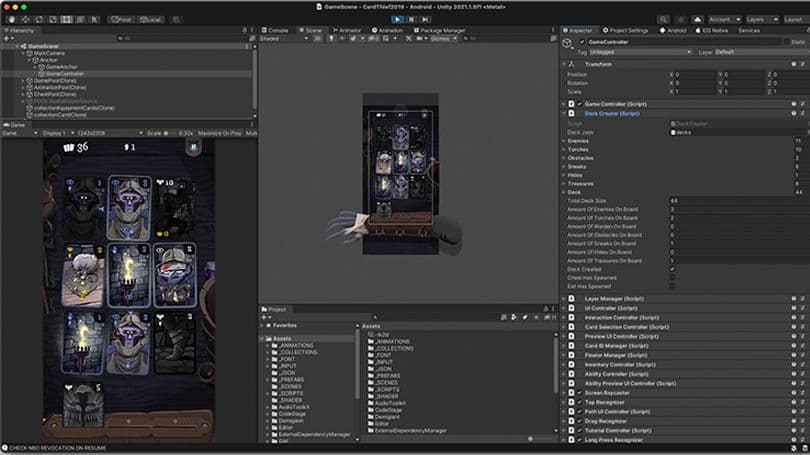
Arnold saw a number of opportunities in focusing on mobile games. The market size was huge, games could be relatively simple, and the Android and iOS app stores tended to level the playing field when competing against bigger studios. He also enjoyed the challenge of building an engaging experience in a constrained environment.
Arnold says, “A touch screen eliminates detailed controls, but at the same time, it’s tactile and it can make players feel more connected.” With Tinytouchtales, a focus on format is at the core of the creative process, and he feels that working within the constraints of mobile platforms forces him to be more creative.
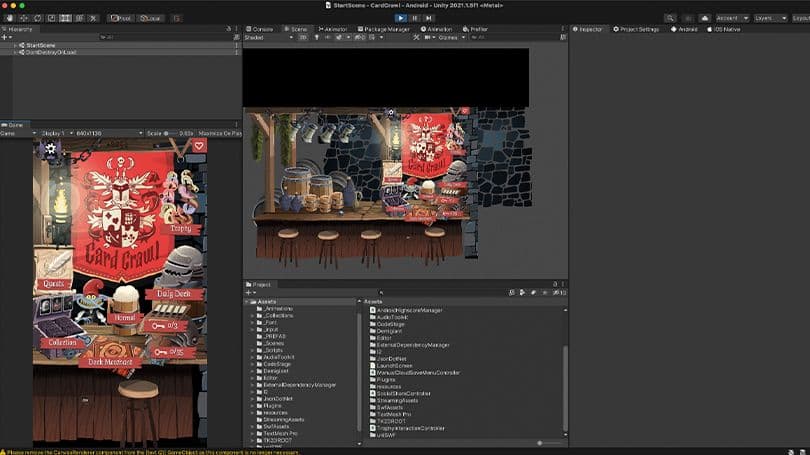
Of course, developing for mobile does have its issues. “The biggest challenge is always screen size,” he says. There are over 20,000 different devices and almost as many different screen dimensions, bevels, and, increasingly, camera placements within live display areas. To address this variety, Arnold wrote a script to distinguish safe and unsafe zones for where UI elements appear on different devices.
Localization is another challenge on small mobile screens, particularly with long German translations or logographic UI elements in Chinese, Japanese, and Korean. Fortunately, Unity TextMesh Pro simplifies creating and scaling text boxes. For the 15 translations he maintains, Arnold found a solution in the Unity Asset Store that automatically pulls translations stored in Google Sheets into the Editor.
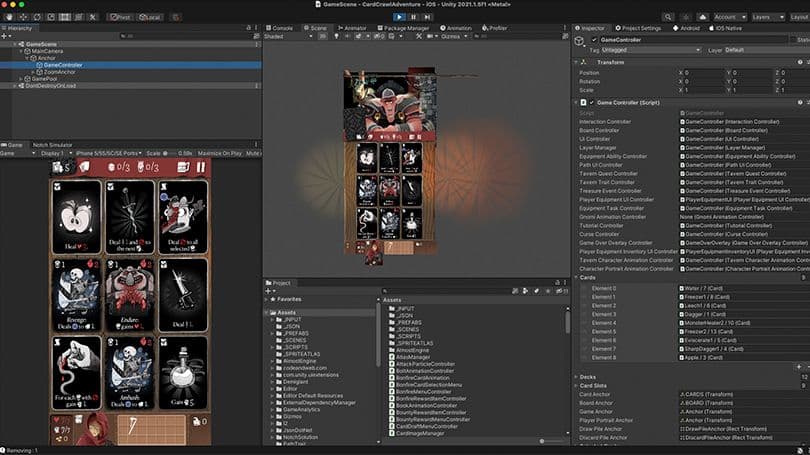
Keeping it simple is Arnold’s overriding game development philosophy. He says, “I’d rather launch several small 2D games than spend years on something complicated. By the time you’re finished, three other studios will have done the same thing!”
Rapid prototyping in Unity lets him test a lot of ideas. When he finds a particularly fun one, he mocks up potential layouts and menus in the Editor. The Unity Asset Store is an important resource at this stage, letting him download working projects, put his own spin on them, and quickly integrate his ideas.
Rauers also collaborates with external artists and sound designers like Max Fiedler, Thomas Wellmann, Oliver Salkic, and Craig Barnes to help him bring ideas to life more quickly.
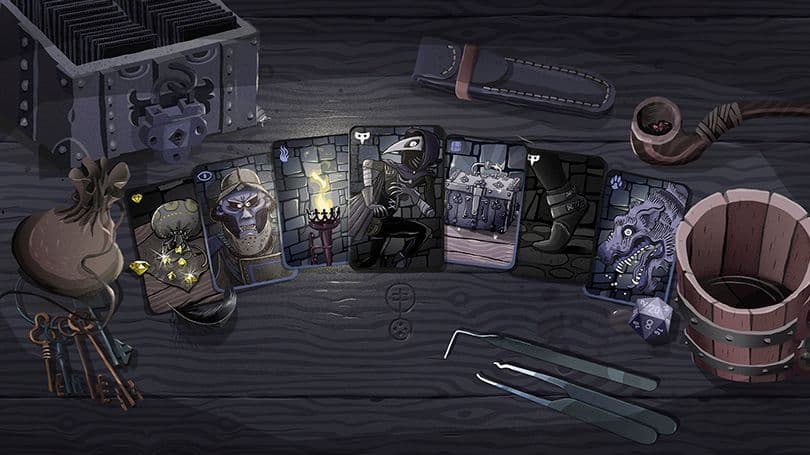
In addition to his best-known titles – Card Thief, Card Crawl, and Miracle Merchant – Arnold has published a variety of games on itch.io, where he is an avid game jam participant and player. His work tends to fit within specific criteria he’s developed over the years:
“The one criterion that’s hardest for me to meet is giving my community what it wants while letting myself do something new,” he says.
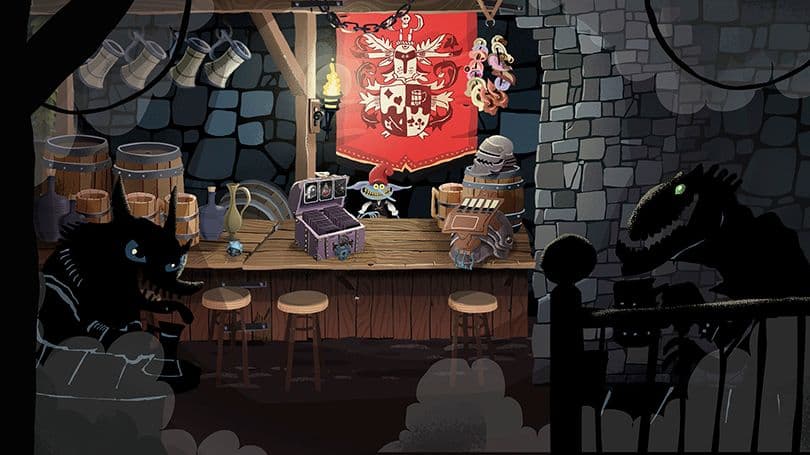
Arnold has been using the Unity Asset Store since his first game. “I’m amazed at how many of the Asset Store tools are AAA-level quality and at the same time totally affordable,” he says. He makes considerable use of these plug-ins:
I2 Localization automatically imports translations from integrated Google spreadsheets, removing much of the manual work of localization.
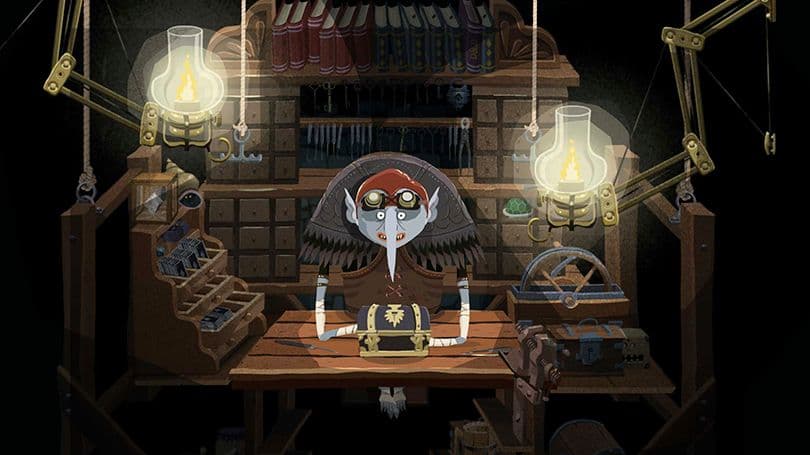
Competing with well over a million games on the App Store and Google Play, Arnold feels that nowadays, a premium model that charges upfront is too much of a barrier to entry. All his games are now F2P, supported with Unity Ads.
To make his ads more positive and palatable, he tries to maintain a premium experience by creatively integrating them into story and gameplay. For example, a wizard may offer an ad as a magic potion that’s then viewed as a dream sequence.
However, Arnold also says, “I’m more interested in people buying the game than the ad revenue.” He tries to find a balance where ads are rewarding and unobtrusive but still able to stimulate conversions.
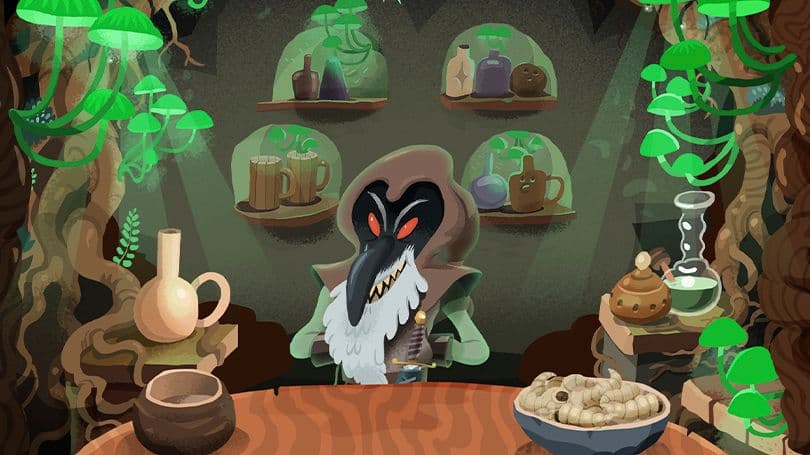
One of the most rewarding aspects of game development for Arnold has been cultivating a community. He started by getting active on Unity forums and networking with other developers. He’s also found Asset Store publishers to be approachable and responsive: “It’s tremendously helpful to have a community that knows how gamedev works and makes it possible for Unity developers to integrate assets more easily into their projects.”
Players reach out regularly on Twitter and Discord, and he tries to answer every message within a day or two. Mobile games also have networking advantages. He says, “A lot of my community building happens in real life. With mobile games, it’s easy to show people cool stuff anywhere!”
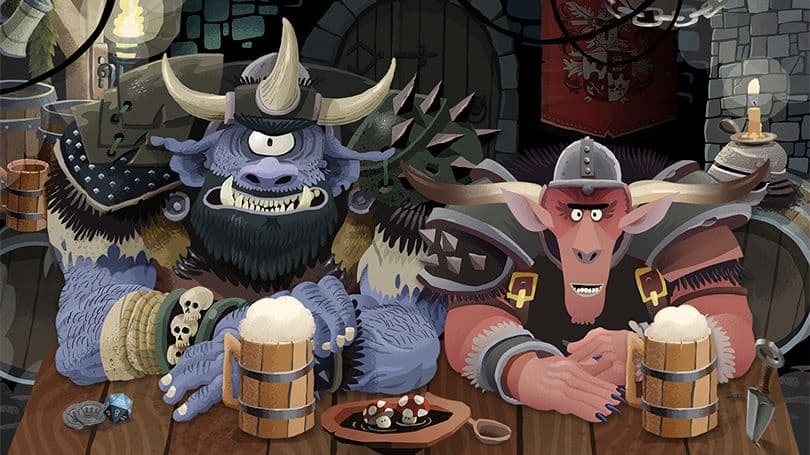
For his next game, Card Crawl Adventure, Arnold has teamed up with Australian board game designer Matthew Dunstan. The dungeon-crawling take on Card Thief’s pathing puzzle gameplay is currently in closed playtesting with his community, which Arnold says is “just awesome in speeding things along.” Meanwhile, he’s constantly learning about new Unity features and techniques – check out his itch.io page and website for updates.

Join millions of developers around the world using Unity to build successful mobile games.